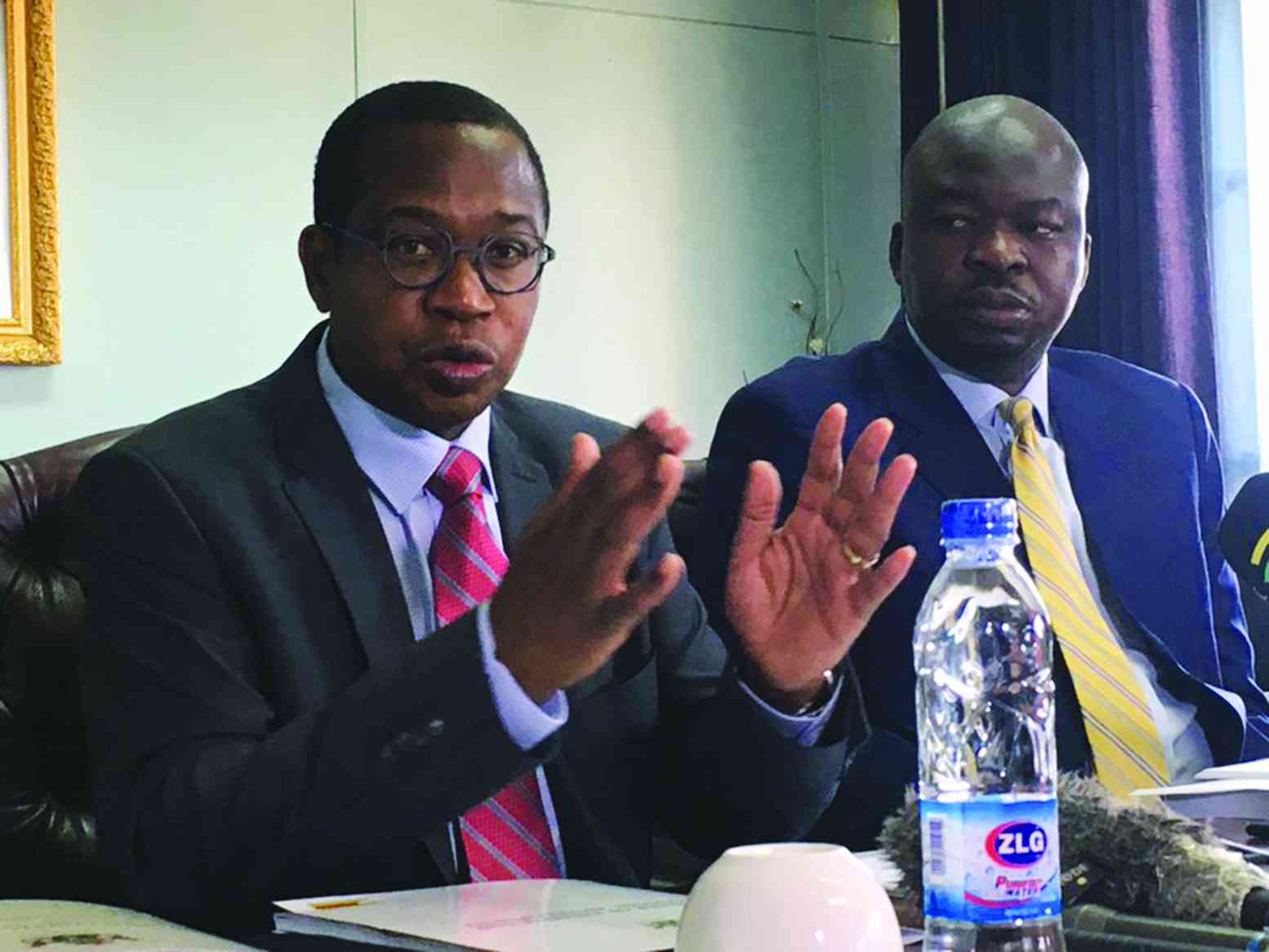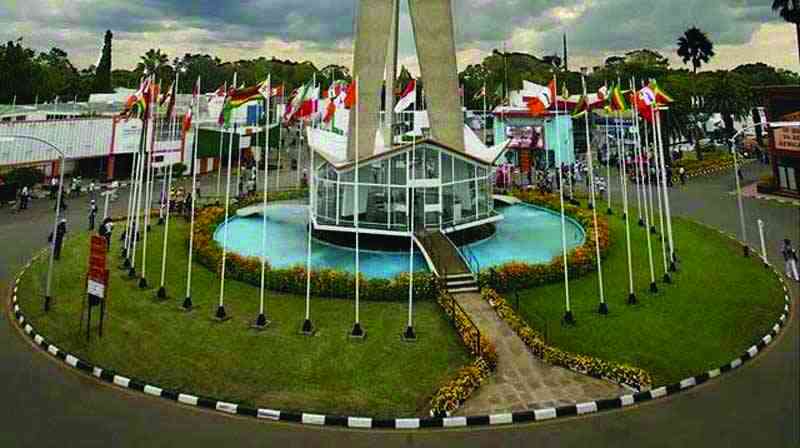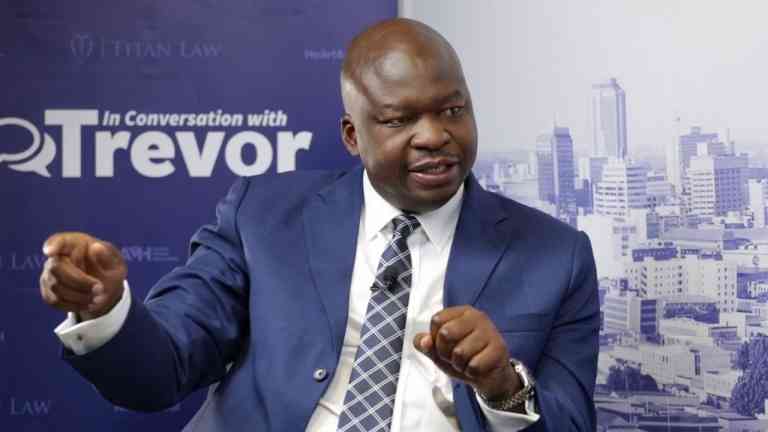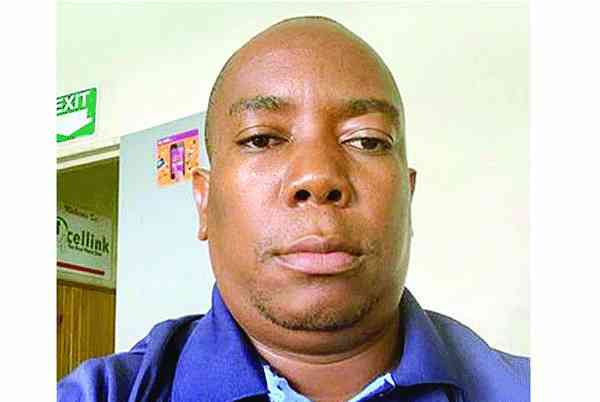
PRESIDENT Emmerson Mnangagwa’s move to establish the Mutapa Investment Fund (MIF) was an attempt to block the overbearing influence of ministers on State-owned Enterprises (SoEs), according to Treasury sources.
MIF replaced Zimbabwe’s Sovereign Wealth Fund, which was set up through an Act of Parliament in 2015, but was not operationalised or capitalised.
Finance and Investment Promotion minister Mthuli Ncube promised on his appointment in 2018 to dispose of about 35 SoEs within two years, but failed due to resistance from ministers and senior government officials, who superintended over the parastatals. Treasury then came up with a plan to neutralise the influence of ministers over the SoEs, reliable sources, who cannot be named for professional reasons, said this week.
Mnangagwa’s move to place 20 SoEs under the MIF means that the firms are now under the direct control of the Finance ministry through the MIF board.
The 20 SoEs include Defold Mine, Zupco, Kuvimba Mining House, Silo Investments, the National Oil Company of Zimbabwe, the Cold Storage Commission, PetroTrade, POSB, NetOne, the National Railways of Zimbabwe Holdings and NRZ Ltd, TelOne, Arda Seeds, Zimbabwe Power Company, Powertel, Allied Timbers, Telecel Zimbabwe, Air Zimbabwe, Industrial Development Corporation, Cottco, AFC Limited and Hwange Colliery.
Both Ncube and his permanent secretary George Guvamatanga did not respond to questions this week.
“These companies have been subject to serious direct influence of ministers. MIF has clipped their wings,” a source close to the developments said.
He said one advantage was that SoEs’ boards were likely to be retained for longer even if ministers change.
- Budget dampens workers’ hopes
- Govt issues $24 billion Covid-19 guarantees
- Letter to my People:They have no answers for Nero’s charisma
- ZMX to enhance farm profitability
Keep Reading
“The firing of boards, as happened in the past, is no longer the issue. Mnangagwa pulled a fast one on his comrades,” the source said. “Mthuli Ncube and Finance permanent secretary (Guvamatanga) have courted the anger of many in government because they were the ones driving the establishment of MIF.
“They thought parastatals were not performing because of unbridled influence of ministers and politicians. The noise around MIF is being driven by people within government using opposition party figures. Their traditional feeding trough is under threat.”
Statutory Instrument (SI) 156/2023 removed the requirement to submit reports before parliament, with MIF now exclusively reporting to the President and the Finance minister. This is a departure from a previous position where the Sovereign Wealth Fund was required to submit quarterly reports to the Finance minister, who would table them in parliament.
Most SoEs have, over the years, become cash cows for senior government officials, who were using these firms to fund expensive foreign trips, among a litany of allegations.
In 2020, Zesa Holdings executive chairperson Sydney Gata accused former energy minister Fortune Chasi of meddling in the power company’s affairs and allegedly spending thousands of dollars donated by the parastatal on foreign trips.
Citizens Coalition for Change (CCC) Member of Parliament for Mount Pleasant Fadzayi Mahere recently said putting all the companies under one roof insults the stated objective of the fund.
“Mnangagwa controversially promulgated SI 156 of 2023 which changed the name of the Sovereign Wealth Fund of Zimbabwe to the Mutapa Investment Fund. No official reasons have been given for the renaming of the Fund,” Mahere said.
“However, the effect of the name change is to make it not readily discernible to a foreign entity that they are dealing with a sovereign wealth fund as opposed to a private investment fund. The effect of putting all the companies under one roof is to create a super-parastatal whose conduct and operations are not subject to public procurement laws, parliamentary scrutiny or disclosure to the public.
“This offends the stated objective of the fund which is to preserve national assets for the benefit of future generations. The scope for parliamentary oversight of the fund’s investments and operations, which is an essential element of sound public financial management, has also been severely curtailed,” she said.










